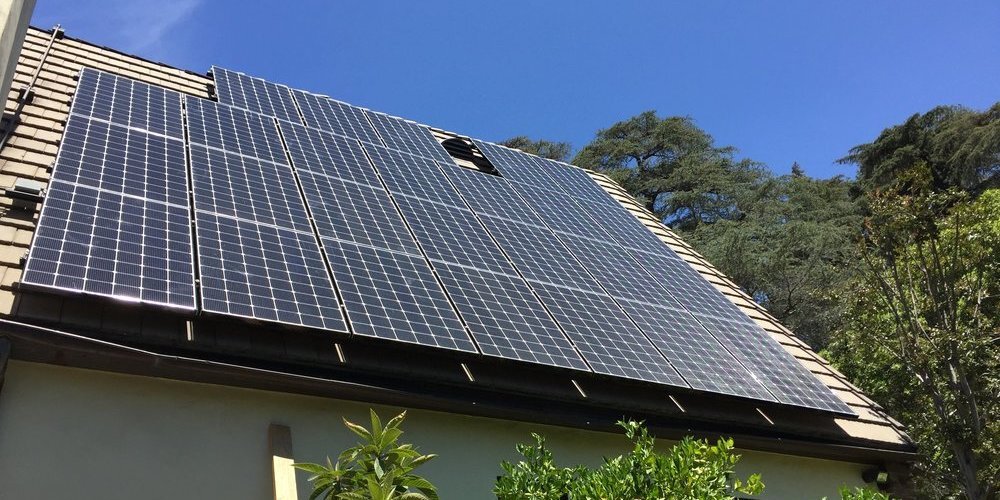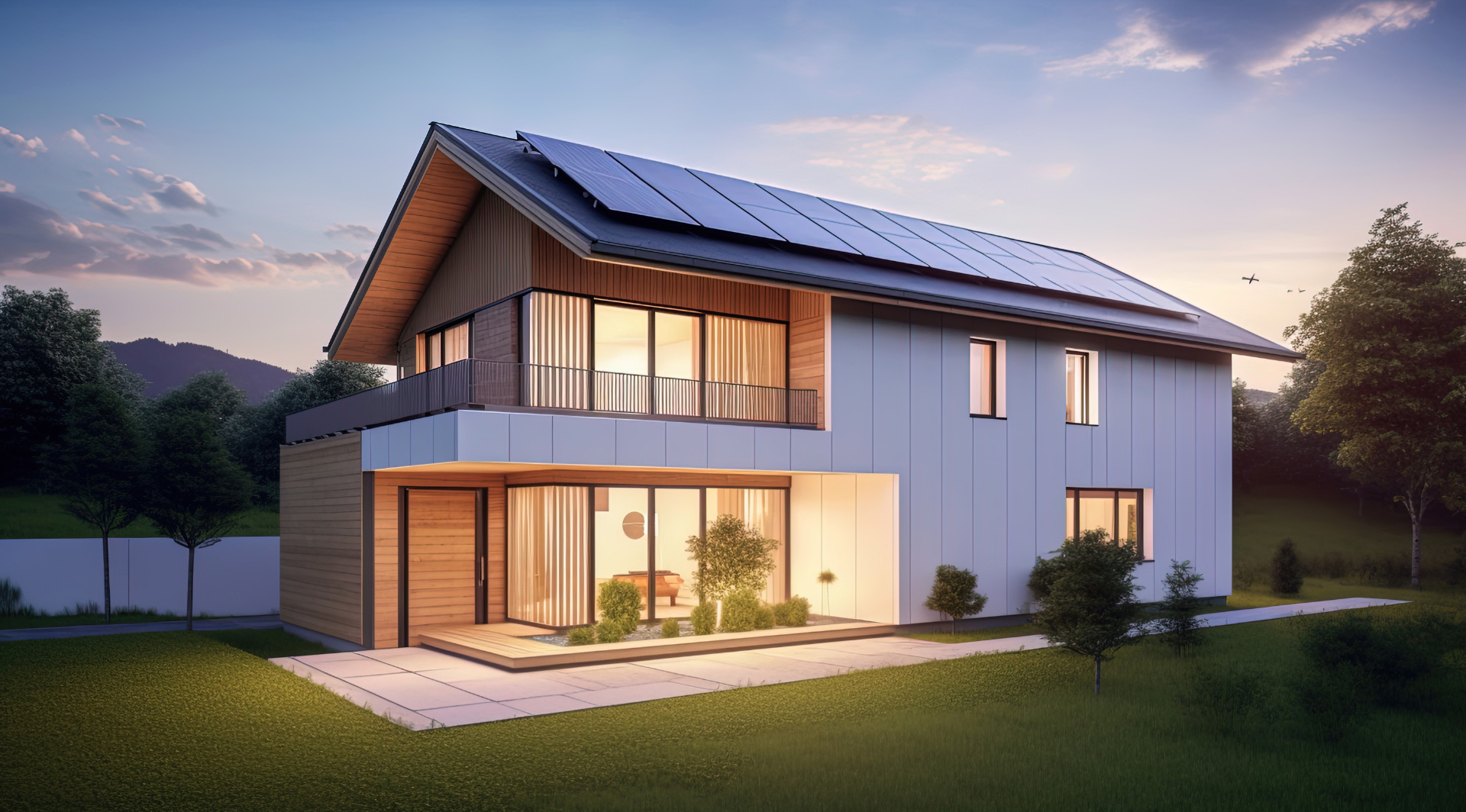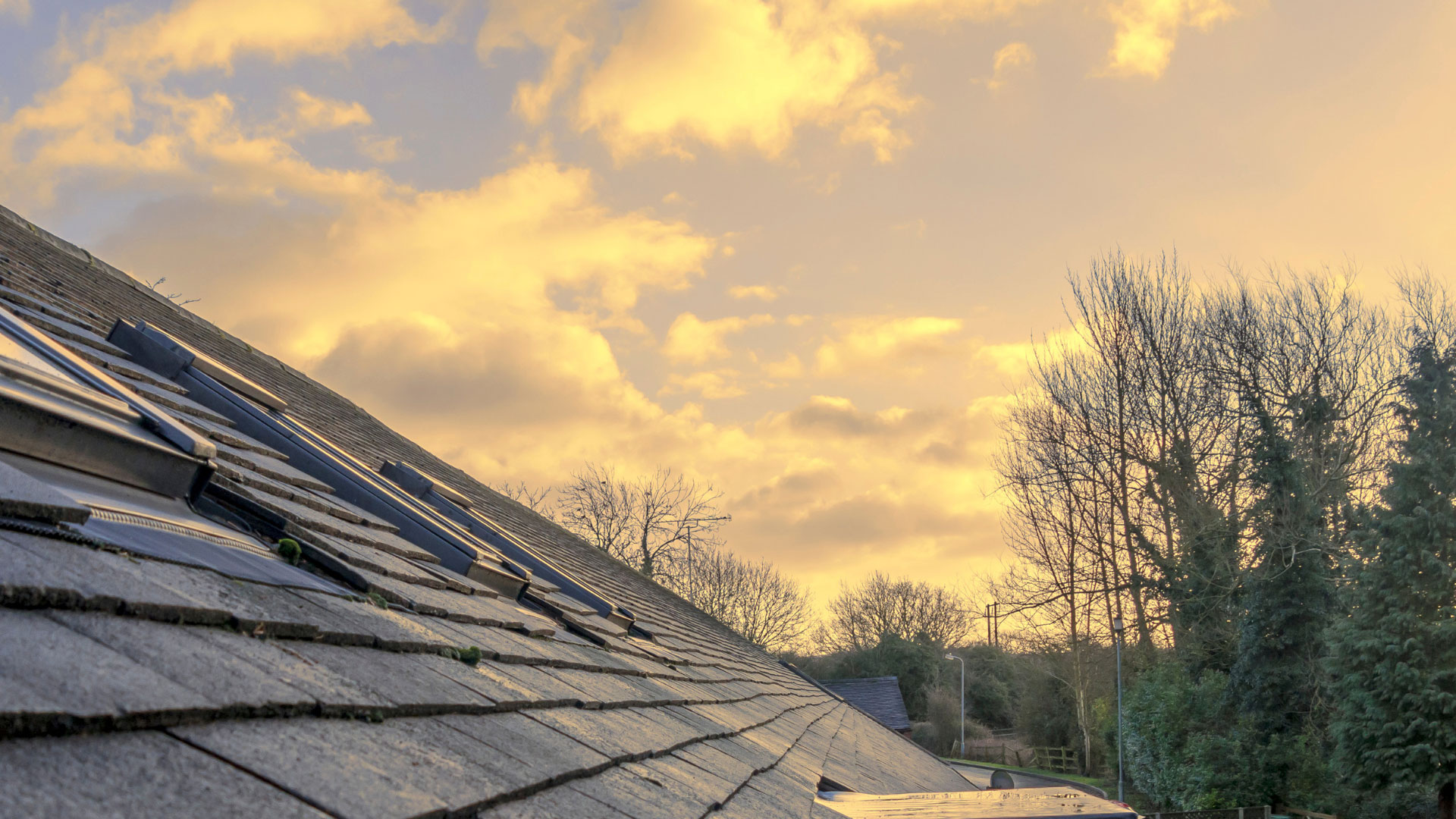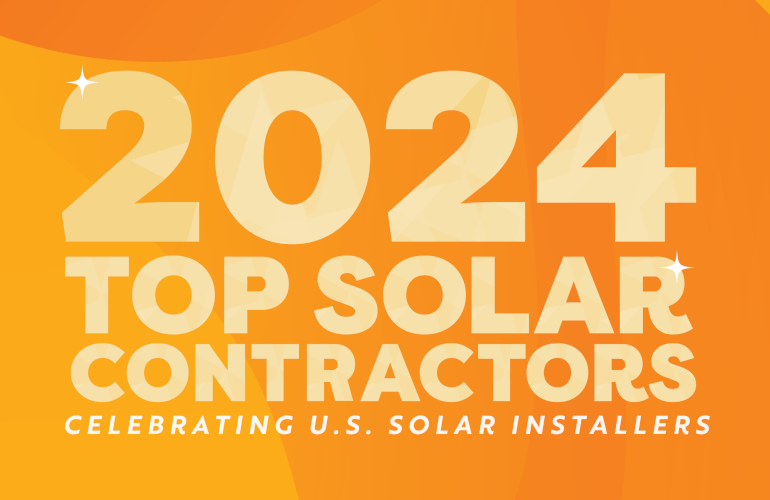Residential solar panels are becoming increasingly popular as people become more aware of the environmental and financial benefits. However, there are concerns about the performance of these solar panels in winter months and cold weather. This is because there is a common perception that solar panel performance declines in cold weather. This isn’t true.
Here’s why solar panels are beneficial: Hourly, 430 quintillion joules energy from the sun reaches earth. We can’t even use that in a single year. Some of that energy can be contained in a solar panel and converted into electricity. The swap isn’t immediate, nor is it perfect, because of the considerations of panel efficiency, orientation of the sun, and the weather. Wait, weather impacts the performance of a residential solar panel? Read on to find out more.
Residential Solar Panels and Temperature
What’s the perfect day look like to you? Probably sunny and warm. A residential solar panel has a similar perfect day for its performance, except, the weather is cold. In fact, most electronics work better (more efficiently) in cold temperatures. This allows for more voltage to be produced, leading to more electricity. When the temperature increases, less voltage is generated, meaning less electricity, and, therefore, less efficiency.
Here’s the secret: it’s not the temperature that impacts storing solar energy, it’s the amount of rays. So, temperature doesn’t have much effect. What you want is the sun rays, not the heat (or lack thereof). A brief explanation is the collision of photon particles from the sun and the photovoltaic cells of the solar panel means that electrons are put into motion, which is converted into an electric current, which is distributed to your home.
To sum up the relationship between solar panel performance and outside temperatures, residential solar systems actually become more efficient in the cold weather. Hot temperatures, on the other hand, can actually cause the system to lose its efficiency. So if you are worried about getting less efficiency during the winter months, don’t be!
Solar Panels and Cold Temperatures
The temperature — well, the cold temperature — won’t impact your residential solar panel. What your major consideration needs to be is on the amount of sun rays received. If your area is predominantly cloudy, you’ll have more trouble converting solar energy into electricity because of the decreased efficiency of the solar panels. The same if you live in an area where it gets very hot. Those that live in cold temperatures won’t find problems related to temperature and, in some cases, find that they do better if there are power outages due to blizzards.
Don’t Wait Until The Busy Season to Go Solar!
If you’re thinking about making the move to residential solar panels, there are many different things to consider. But waiting for the “right” time of year doesn’t need to be one of them. The benefits of going solar are year-round and not limited to specific seasons.
Whether you have a few questions to ask or you’re ready to take the next step toward energy independence, contact us today and one of our Energy Coordinators will be happy to help!






